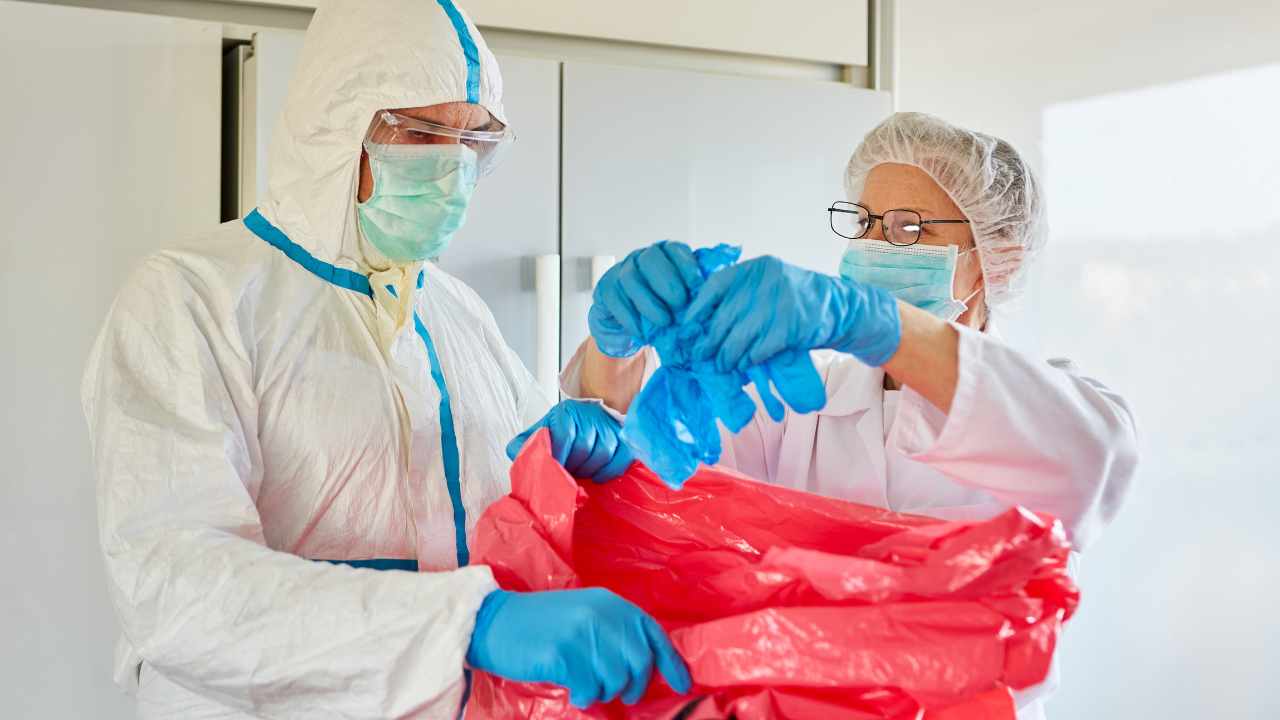Medical disposables play a crucial role in maintaining hygiene and safety standards in healthcare facilities worldwide. These essential items, ranging from gloves and masks to syringes and gowns, are integral components of medical practice, ensuring protection for both healthcare providers and patients.
What Constitutes Medical Disposables?
Medical disposables encompass a wide array of products designed for single-use purposes within medical settings. These items are crafted from various materials, including plastics, rubber, and textiles, and are intended to be discarded after a single use to prevent cross-contamination and the spread of infections.
Types of Medical Disposables
1. Gloves
Gloves are among the most commonly used medical disposables, providing a protective barrier for healthcare professionals during examinations, surgeries, and other procedures.
2. Masks
Medical masks, including surgical masks and N95 respirators, are vital for preventing the transmission of respiratory droplets and airborne particles, particularly in environments where infectious diseases are prevalent.
3. Syringes and Needles
Disposable syringes and needles are essential for administering medications, vaccines, and other injectable treatments safely and efficiently.
Significance of Medical Disposables
The significance of medical disposables cannot be overstated in healthcare settings. By ensuring that each patient receives care with sterile instruments and supplies, medical disposables help prevent the transmission of infectious diseases and reduce the risk of healthcare-associated infections (HAIs).
Use Cases and Applications
Medical disposables find application in a wide range of healthcare settings, including hospitals, clinics, laboratories, dental offices, and home care environments. From routine patient care to emergency interventions, these disposable products are indispensable tools for healthcare professionals across various specialties.
Market Analysis
The market for medical disposables continues to witness robust growth, driven by increasing healthcare expenditures, rising awareness of infection control measures, and the growing prevalence of chronic diseases worldwide. Key players in the industry are constantly innovating to develop advanced disposable products that meet the evolving needs of healthcare providers and patients.
Quality Standards and Regulations
To ensure the safety and efficacy of medical disposables, regulatory bodies such as the U.S. Food and Drug Administration (FDA) and the European Union’s CE marking scheme establish stringent quality standards and certification requirements. Compliance with these regulations is essential for manufacturers seeking to market their products globally.
Environmental Impact
While medical disposables play a vital role in infection prevention, their widespread use has raised concerns about environmental sustainability. Proper disposal methods and the development of eco-friendly alternatives are crucial for mitigating the environmental impact of disposable medical products and promoting sustainability in healthcare practices.
Cost and Affordability
The cost of medical disposables can vary significantly depending on factors such as material quality, manufacturing processes, and regulatory compliance. Ensuring the affordability and accessibility of these essential products is essential for healthcare systems worldwide, particularly in resource-limited settings where financial constraints may pose challenges.
Advancements and Innovations
Advancements in materials science and manufacturing technologies continue to drive innovation in the field of medical disposables. From the development of biodegradable materials to the integration of smart technologies for monitoring patient vital signs, ongoing research and development efforts aim to enhance the safety, efficacy, and sustainability of disposable medical products.
Challenges and Limitations
Despite their numerous benefits, medical disposables are not without challenges and limitations. The debate between disposable and reusable medical products raises questions about cost-effectiveness, environmental impact, and waste management practices. Addressing these challenges requires a multi-faceted approach that balances the need for infection control with sustainability considerations.
Future Outlook
Looking ahead, the future of medical disposables is likely to be shaped by technological advancements, regulatory developments, and changing healthcare needs. As the global population continues to grow and age, the demand for safe, reliable, and sustainable disposable medical products is expected to increase, driving innovation and market expansion in the years to come.
Conclusion
In conclusion, medical disposables play a vital role in ensuring hygiene, safety, and infection control in healthcare settings worldwide. From gloves and masks to syringes and gowns, these essential products enable healthcare professionals to deliver quality care while minimizing the risk of cross-contamination and healthcare-associated infections. While challenges such as environmental sustainability and cost-effectiveness persist, ongoing innovation and regulatory oversight are driving improvements in the quality, efficacy, and accessibility of disposable medical products.




